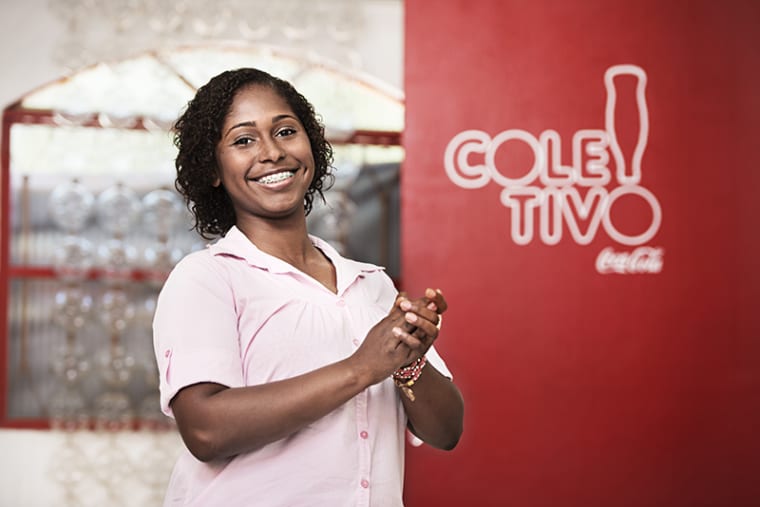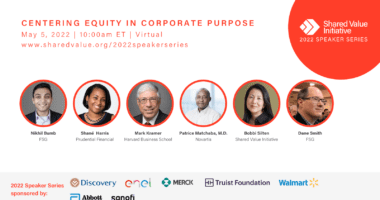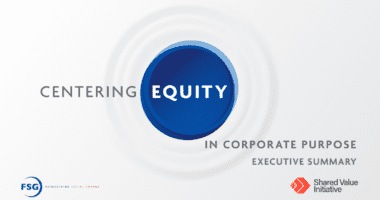The Coca-Cola Company is the world’s largest beverage company, with a portfolio of more than 500 sparkling and non-carbonated brands and an average of 1.9 billion servings a day. Sales of Coca-Cola products in Brazil currently represent seven percent of global volume, making Brazil the company’s fourth-largest market behind the U.S., Mexico, and China. Today, Coca-Cola Brazil has a leading presence in the Brazilian market. The company’s approach to engaging low-income markets contributes to its market position. In early 2009, the company sought to increase its presence and relevance in low-income areas. It became clear that “business as usual” approaches—expanding distribution channels or designing new marketing campaigns—were not enough. Coca-Cola needed to find a different way to deepen its relationship with consumers in these communities, recognizing the social and economic barriers to consumer access and retention. This realization helped jumpstart an innovative approach to business planning: Coca-Cola realized that it had to help solve a social problem to capture a significant business opportunity. From there, Coca-Cola designed and launched Coletivo Retail, an eight-week training program to empower unemployed youth living in low-income communities, such as favelas, and to help them find new economic opportunities.




